“An alliance, creative process, an opportunity for growth based on a partnership in which we walk together.” When asked for a definition of coaching, Francesco Polverari uses these expressions with great conviction. Francis is one of the PHYD coaches. With this interview, we get to know him better.
Francis, tell us about your journey. How did you come to be a coach?
I have long experience as a manager, in multinational companies. In 2007 I began to study and convince myself that the coaching approach was decisive for the development of human potential, and that belief led me over the years to formally certify myself and become a professional coach.
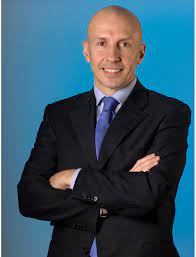 Who are your customers?
Who are your customers?
This is an extremely diverse audience, from Executives to Millennials. Young college graduates seeking their first professional experiences and people grappling with career transitions to other companies account for about one-third.
Has the Covid emergency increased the demand for coaching?
Very much so, unfortunately! So many people are facing increasing anxiety with respect to their future, and I am happy to think that coaching can help them see things from other perspectives that are helpful in dealing with complex and challenging situations.
In this sense, is coaching for everyone?
The discipline of coaching contemplates one word to define people’s openness to enhance their potential, and that is “coachability,” understood as willingness to commit to a path accompanied by a professional. Anyone can be “coachable” with excellent results; what matters primarily is the coachee’s openness to using his or her own resources to work better and be better.
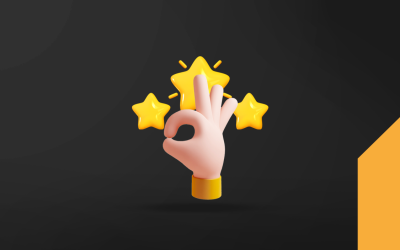
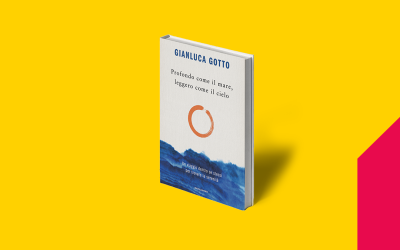
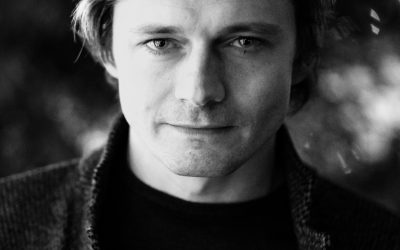




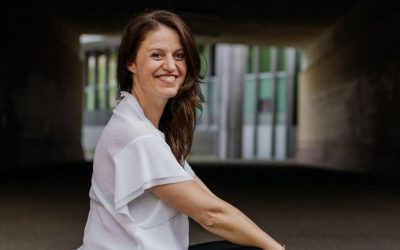


0 Comments